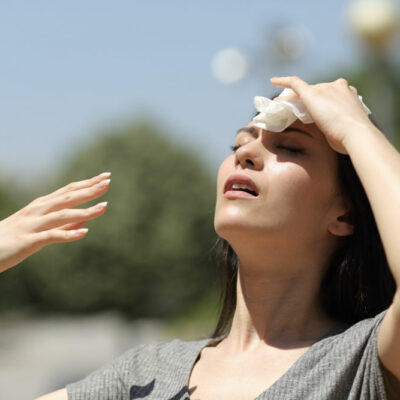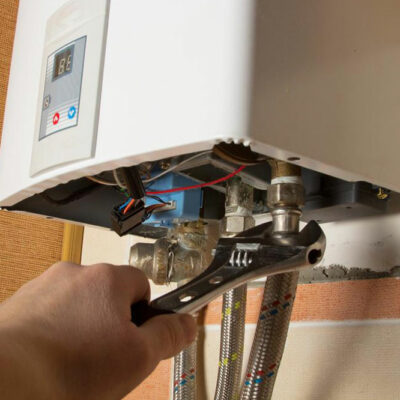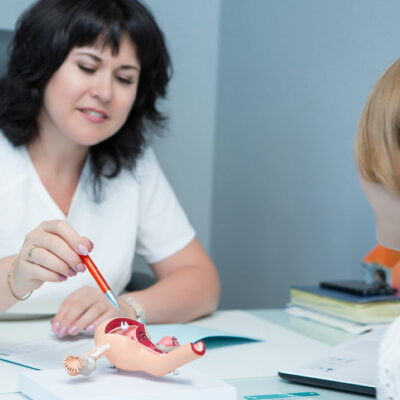
4 unusual symptoms of dehydration
Without enough fluids, people would struggle to get through their day. Dehydration directly results from the body losing more fluids than it takes in. Some leading causes of dehydration include certain health conditions, excessive sweating, diarrhea, and vomiting. Dehydration commonly manifests itself in people through some typical symptoms, such as dry mouth disorder, cramps, or losing consciousness. However, there are some unusual symptoms of this condition as well, including: Itchiness A lack of fluids makes the skin dry and jagged over some time. This directly causes itching and, by extension, red rashes on the skin over a short while. Although it is not the most common indicator, dry and itchy skin are clear cues that one needs to consume fluids to restore their body’s hydration levels. Bad breath One of the common uses of saliva is its ability to keep the mouth wet and lubricated. Healthcare experts usually recommend people drink water to keep their salivary glands constantly stimulated and their mouths perpetually hydrated. Apart from lubrication, a person’s saliva also has vital anti-bacterial properties. When people do not consume enough water or other fluids, bacteria can grow on and around the tongue and the roof of the mouth. Over time, this growth of bacteria results in bad breath in individuals.
Read Article 









